We Prefer Diamonds, Not Graphite
The Uncomfortable Truth Behind Pretty Privilege
May 22, 2023
The term “pretty privilege” spread like wildfire through media platforms such as TikTok and Instagram in the past few years. The phrase highlights the ease of life for those viewed as conventionally attractive compared to those on the other side of the spectrum. But does it really exist?
Yes, it does. Humans crave beauty. Through innate biology and evolution, we are wired to correlate beauty with genetically beneficial aspects because features we deem attractive actually increase the odds of reproduction and survival.
The ‘halo effect’ also comes into play: once we notice a particular value of a person, we judge every other element they possess based on that one positive trait. For instance, people often equate beauty with talent. Through the lens of cognitive psychology, humans simply prefer diamonds over graphite.
But pretty privilege doesn’t apply to all. With how I see it, it only applies to those on the extreme end of the beauty spectrum. And even then, the effects are merely ephemeral. The drop-dead gorgeous definitely earn more prerogatives than the mundane; attractiveness works wonders to start superficial relationships and turn heads in new environments. Over time, however, such benefits fade out because physical attraction doesn’t last.
Still, social media makes beauty a powerful tool because first impressions matter. For this reason, pretty privilege can have negative effects for those that don’t fall under the conventional standard of attractiveness. Their appearance does nothing for first impressions, and often impedes new relations. But fear not. For those that lie in the gray area of beauty, this bias means little, as most bonds boil down to one’s personality rather than looks. A psychological term, the mere exposure effect, can make someone you didn’t initially assess as beautiful more alluring over time just from spending moments together and getting to know each other better.
Society’s heavy focus on our exterior, however, definitely takes a toll on young minds. Rather than pretty privilege itself, the most prominent problem is that the bias tempts people to embark on an endless journey to achieve an impeccable appearance. To be honest, I don’t see the worth in it. To focus on your own looks seems smart at first in order to find relationships, but if you take it too far, you tire yourself out. You get into an endless cycle of deep desire to elevate your image. People strive for looks because some see it as an easy way out of life. But in reality, beneficiaries of this perk sometimes experience dissatisfactory relationships because they realize that many view them as a trophy rather than a human being.
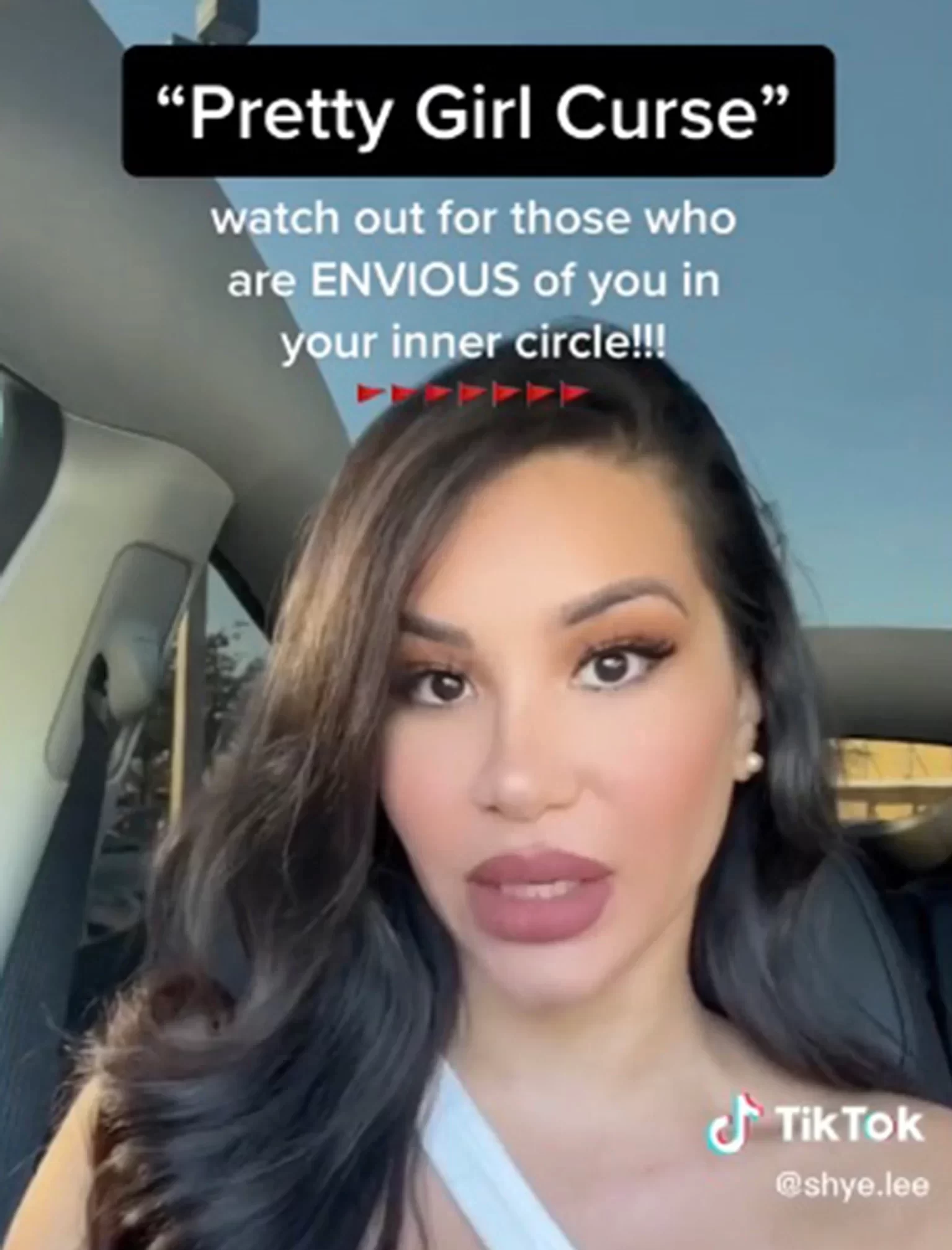
Our very biology wires our brains to let beauty impact our judgment just like any other animals. The benefits of physical attractiveness pervade, especially in a country like Korea, where people take great care about how others view them. Even among friends and family, we sometimes face unfair treatment based on our looks.
Tolstoy once criticized the extent humans rely on animal magnetism. He said, “it is amazing how complete is the delusion that beauty is goodness.” And even now, the attractive still acquire their prerogatives. On a positive note, though, as humans, we hold the capacity of intellectual and emotional connection. Although pretty privilege inevitably exists, real relationships can’t form without a personal and spiritual understanding. Diamonds may glitter, but beauty lies in the eye of the beholder.

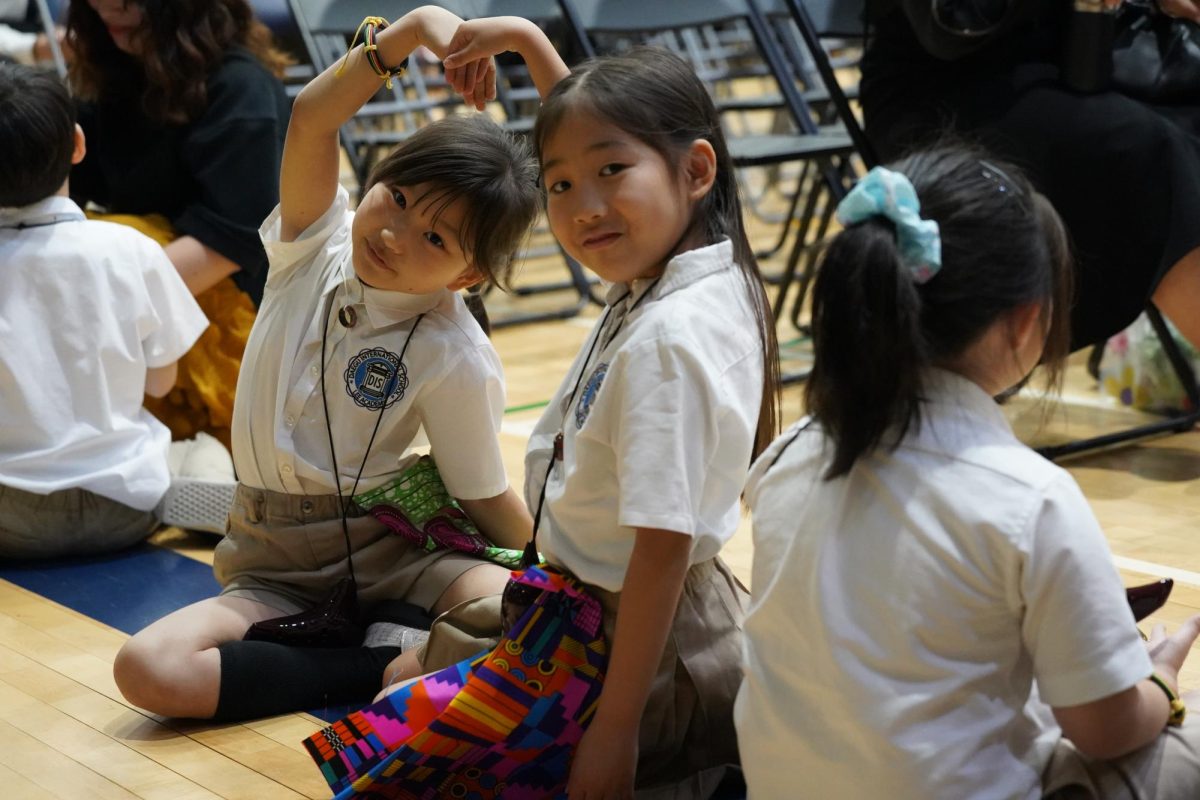

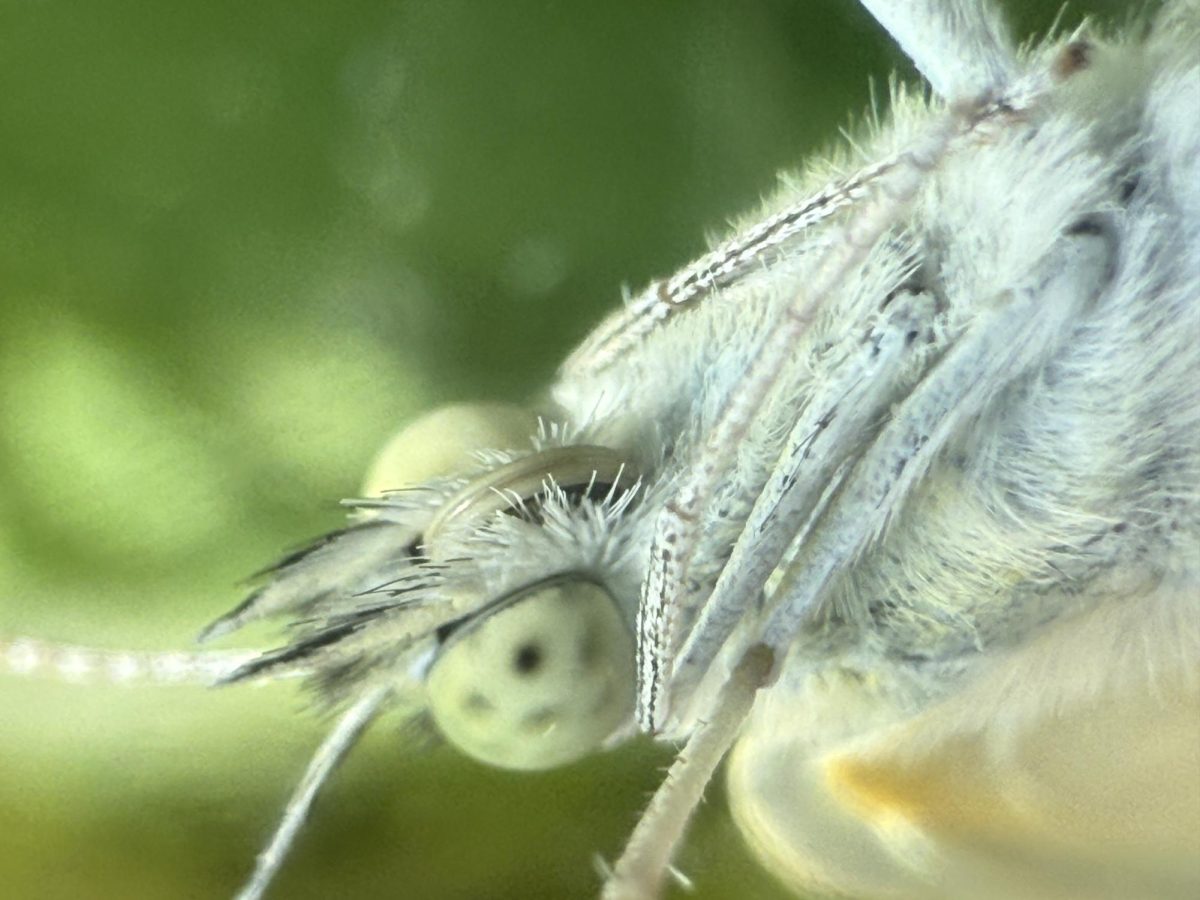
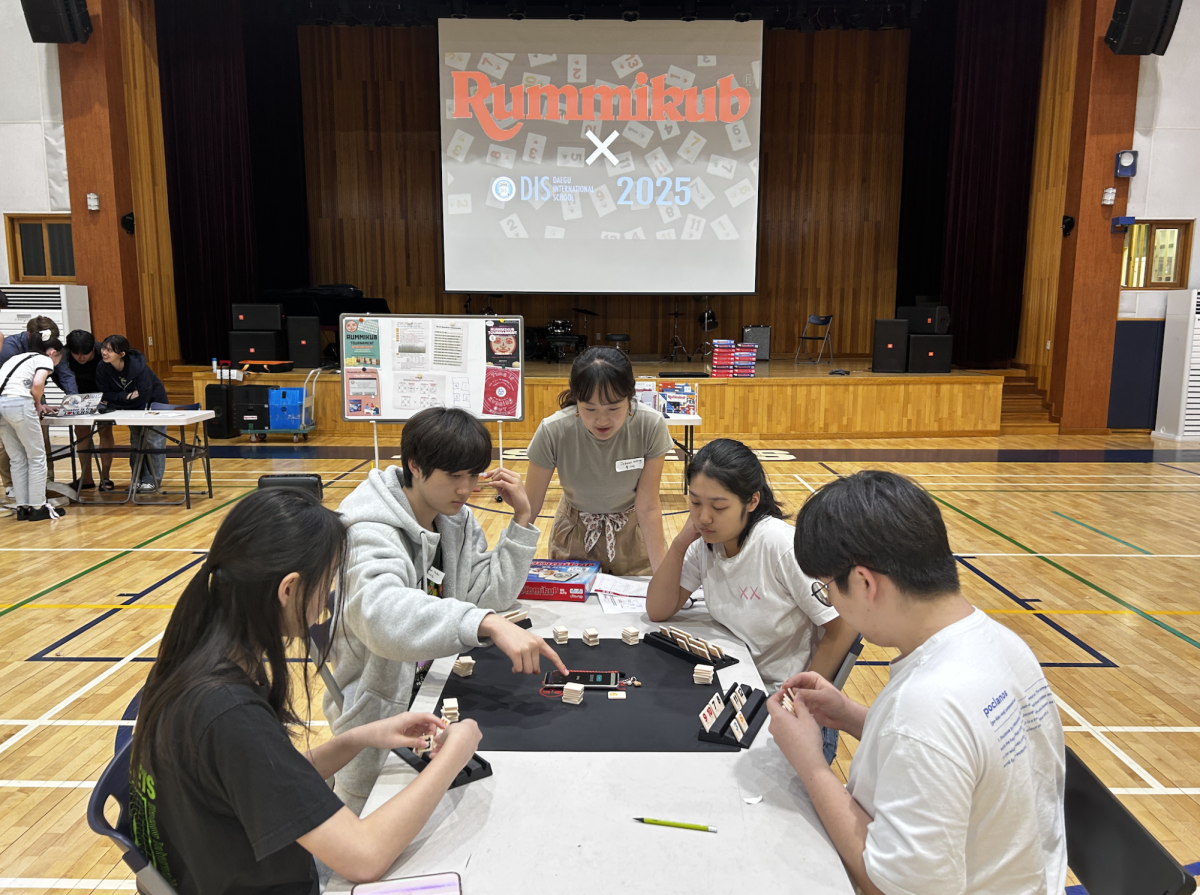
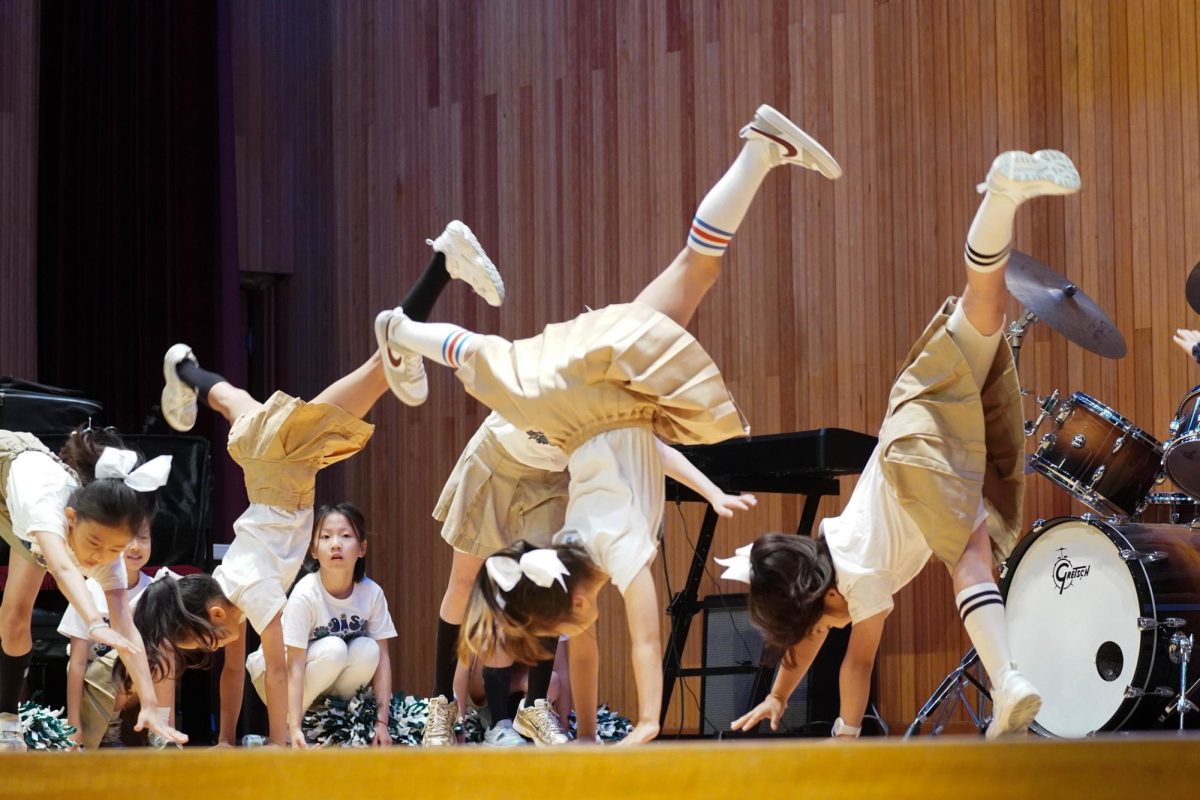




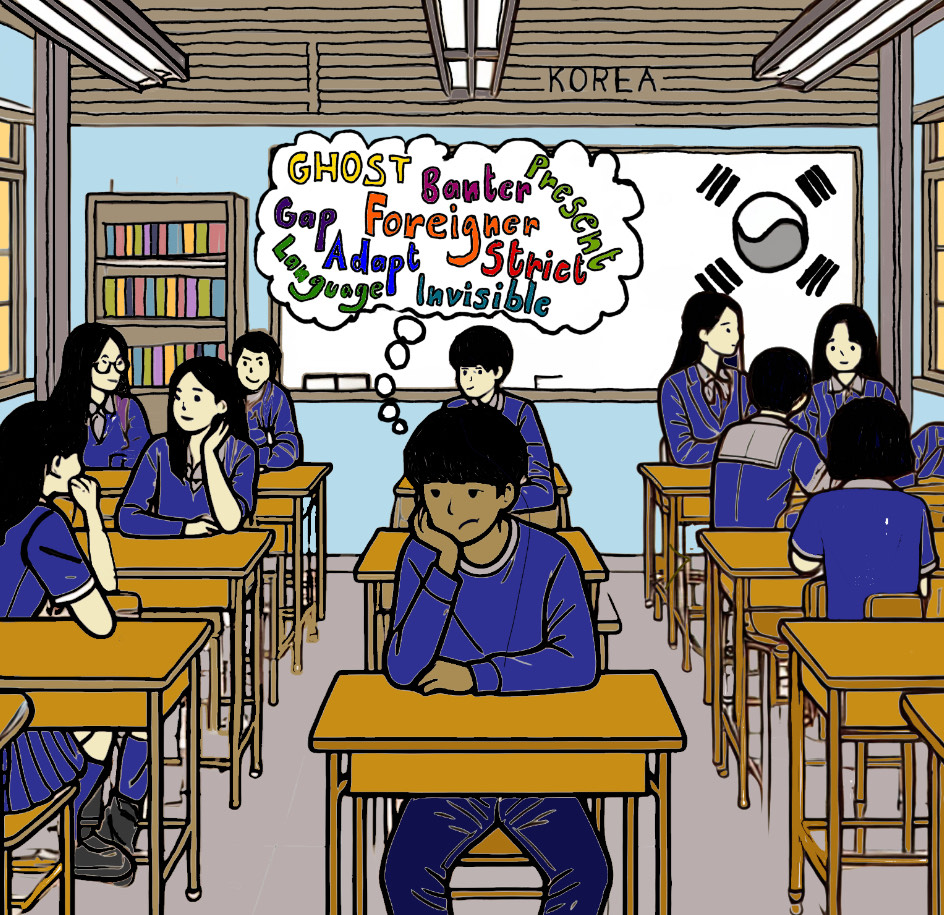


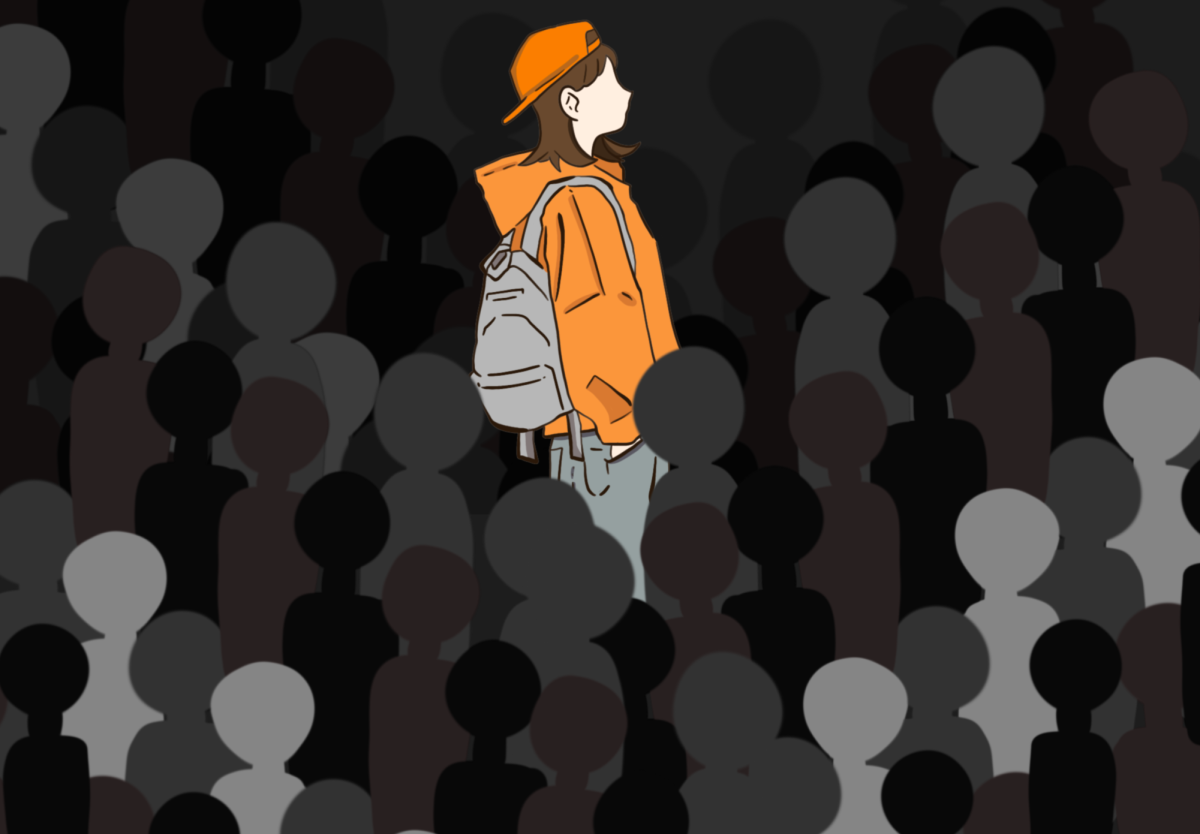




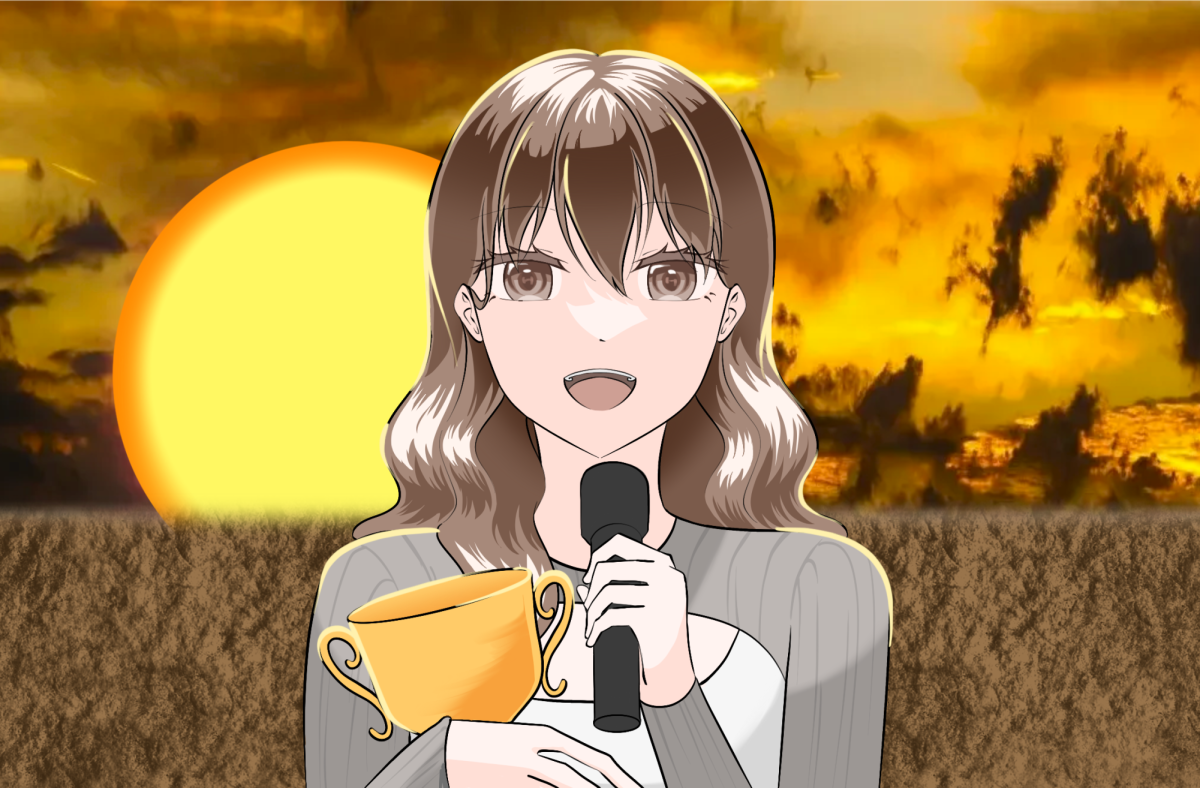

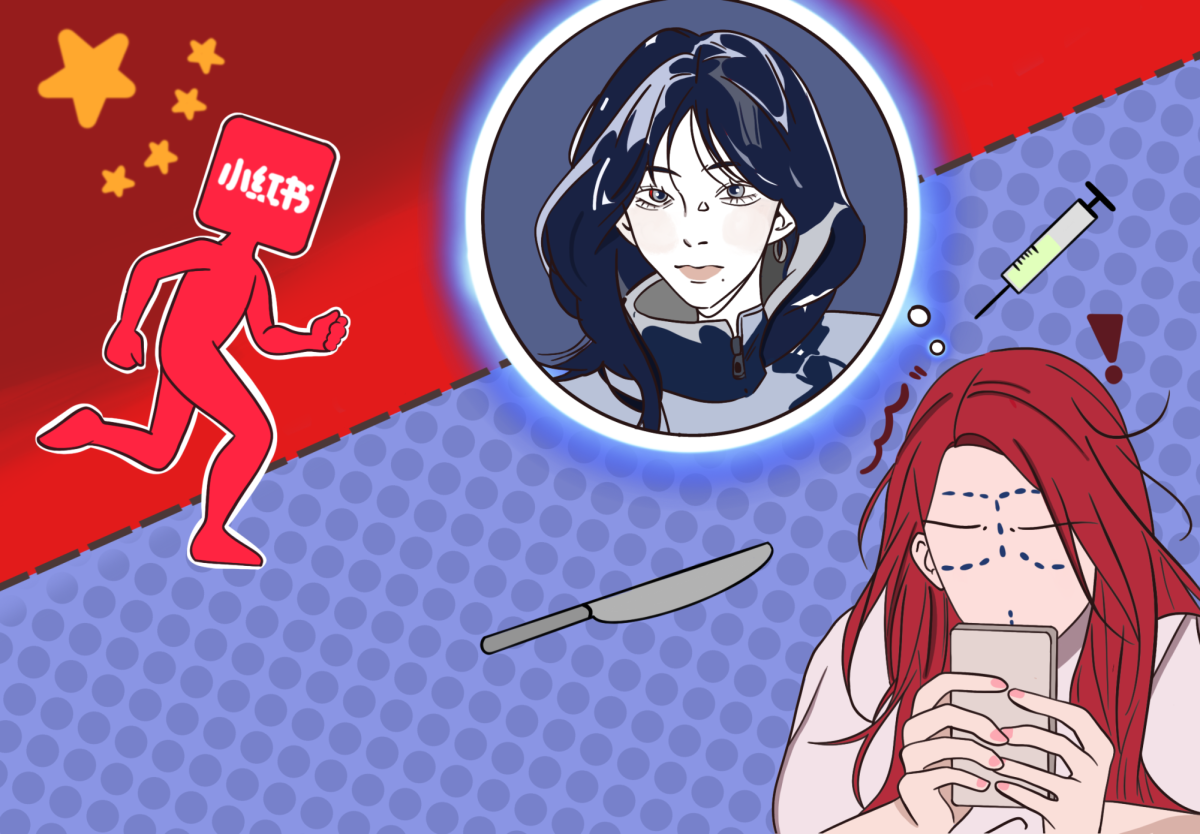
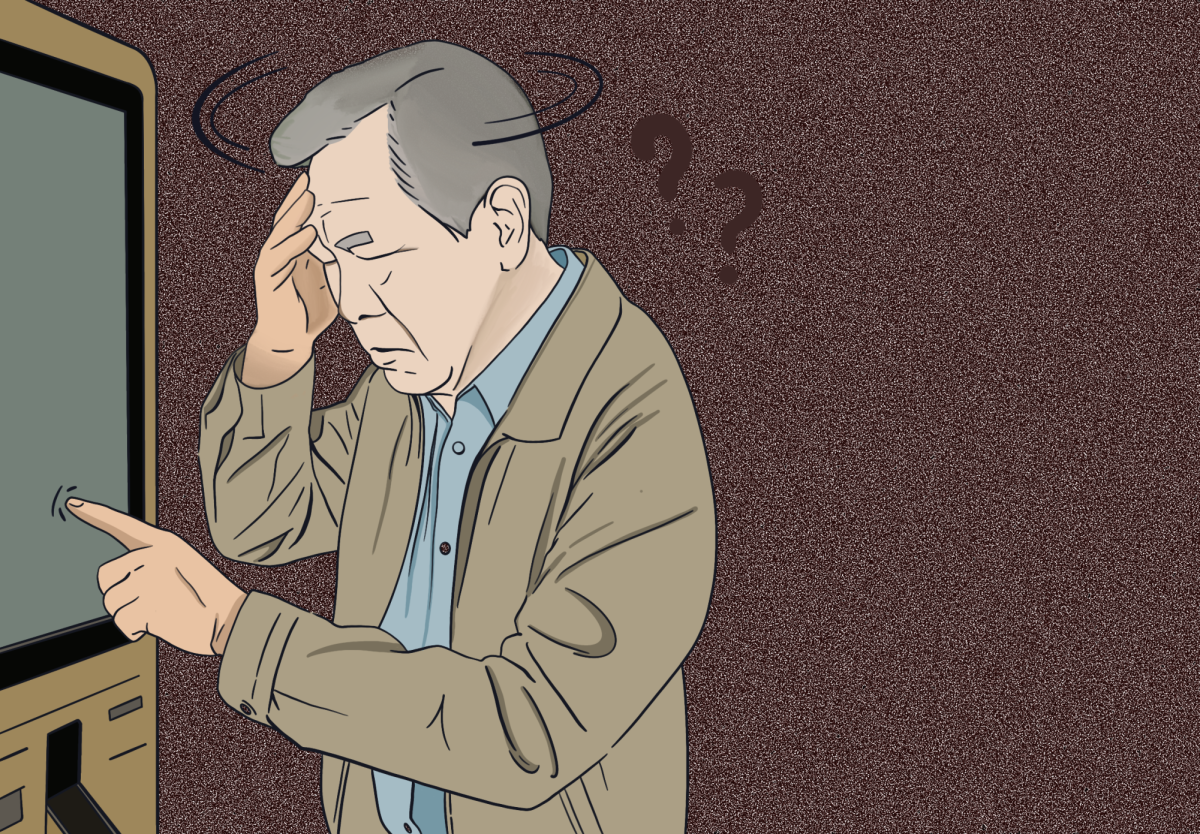
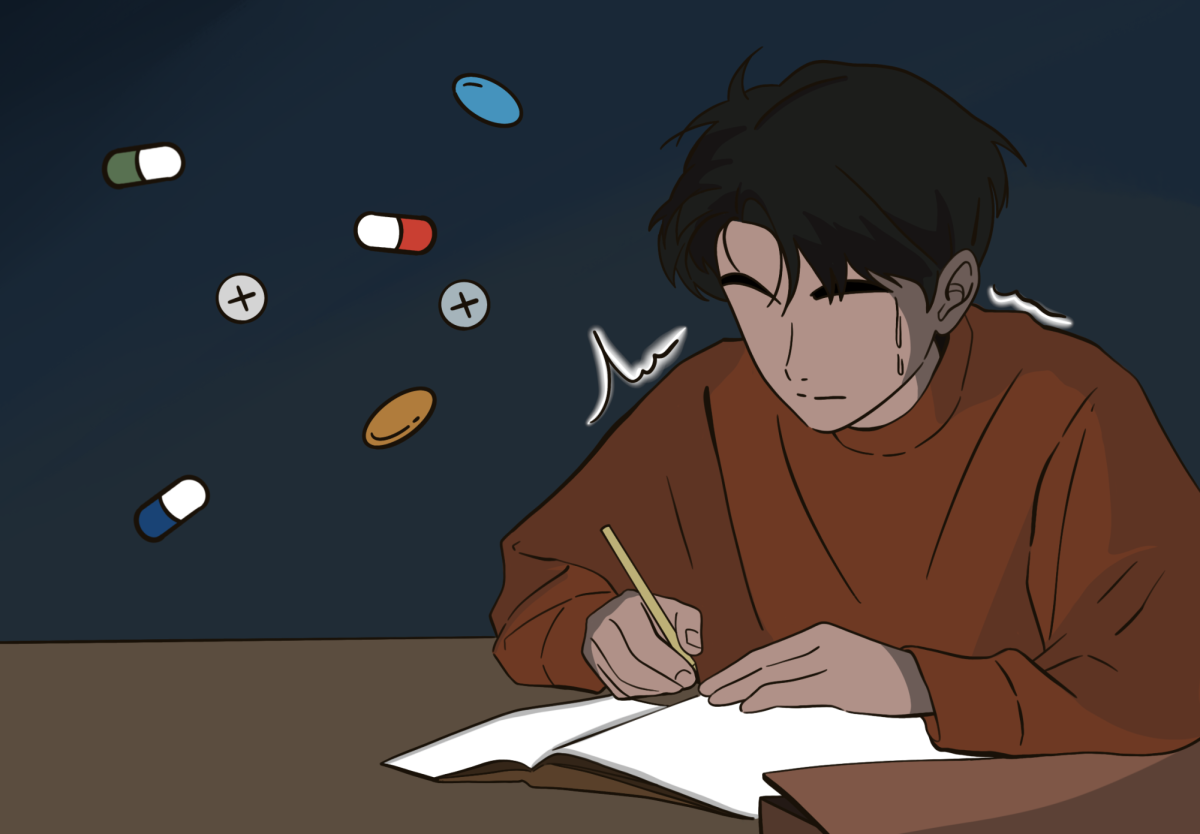
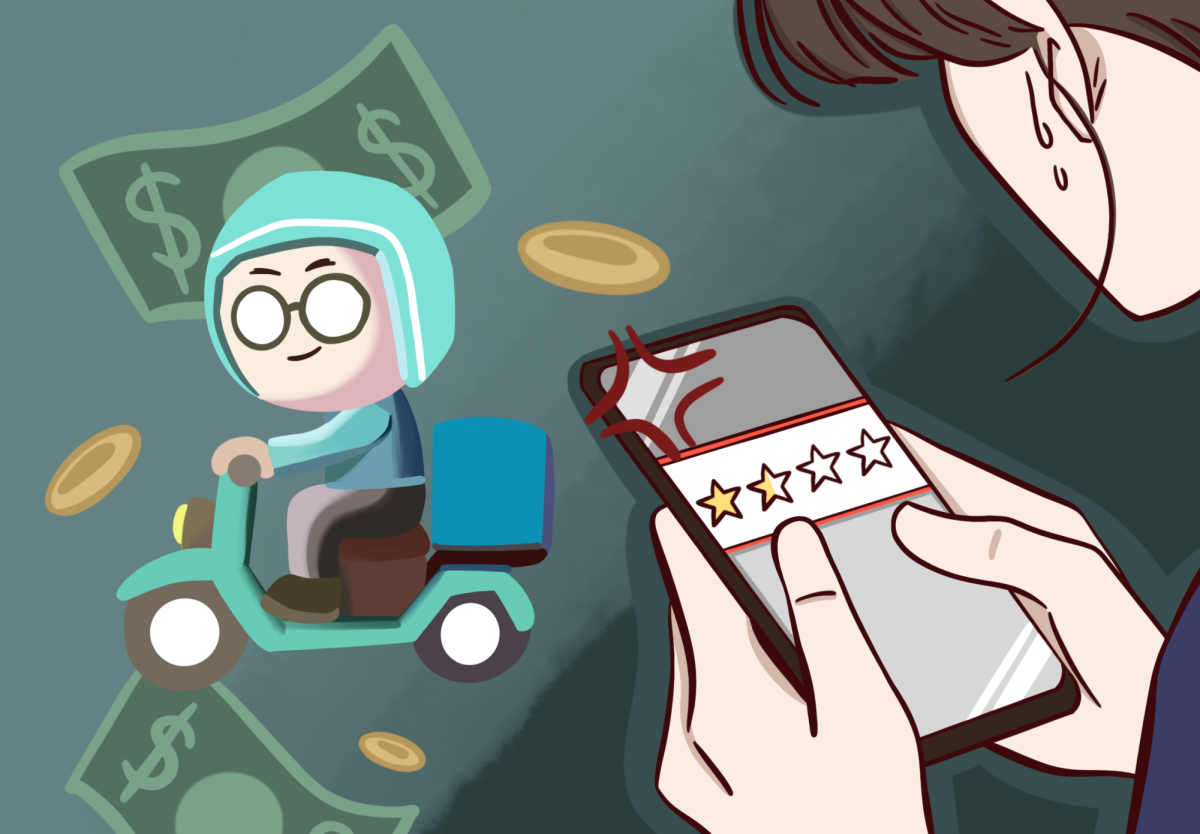
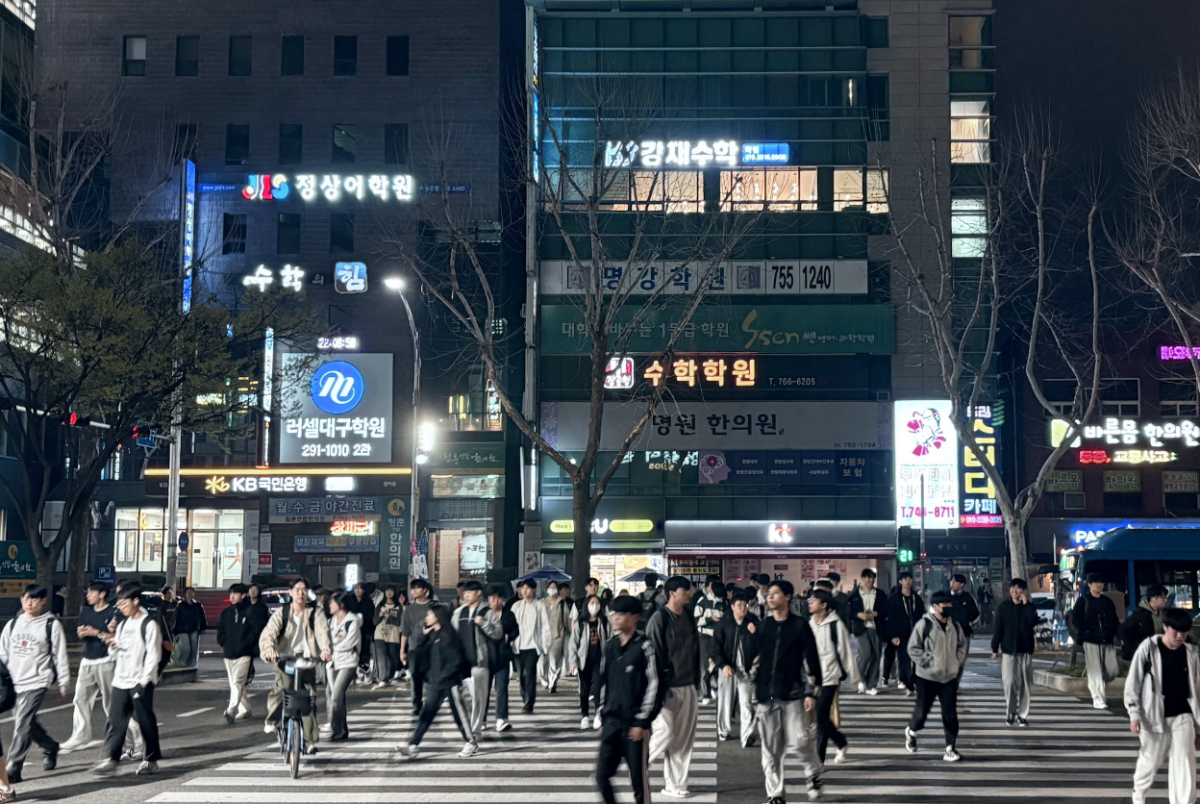


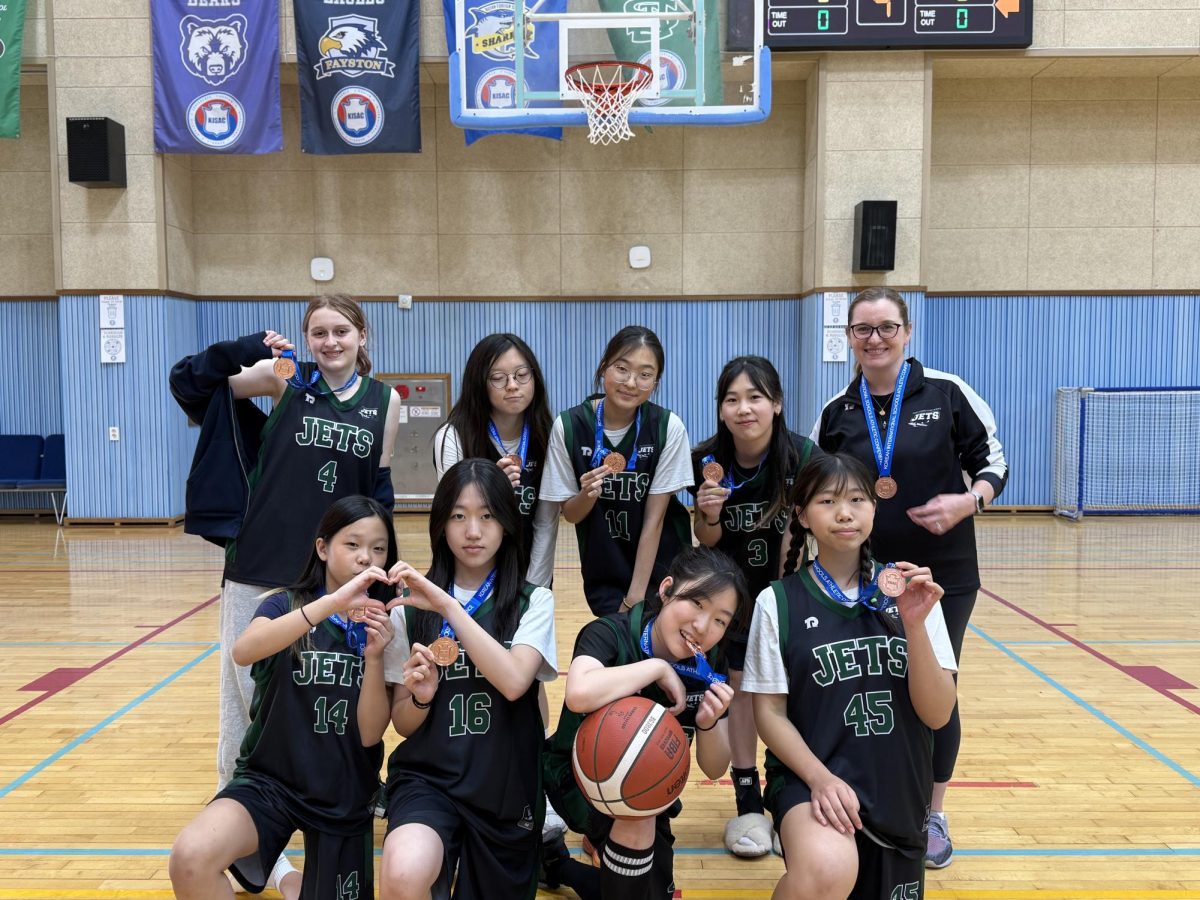
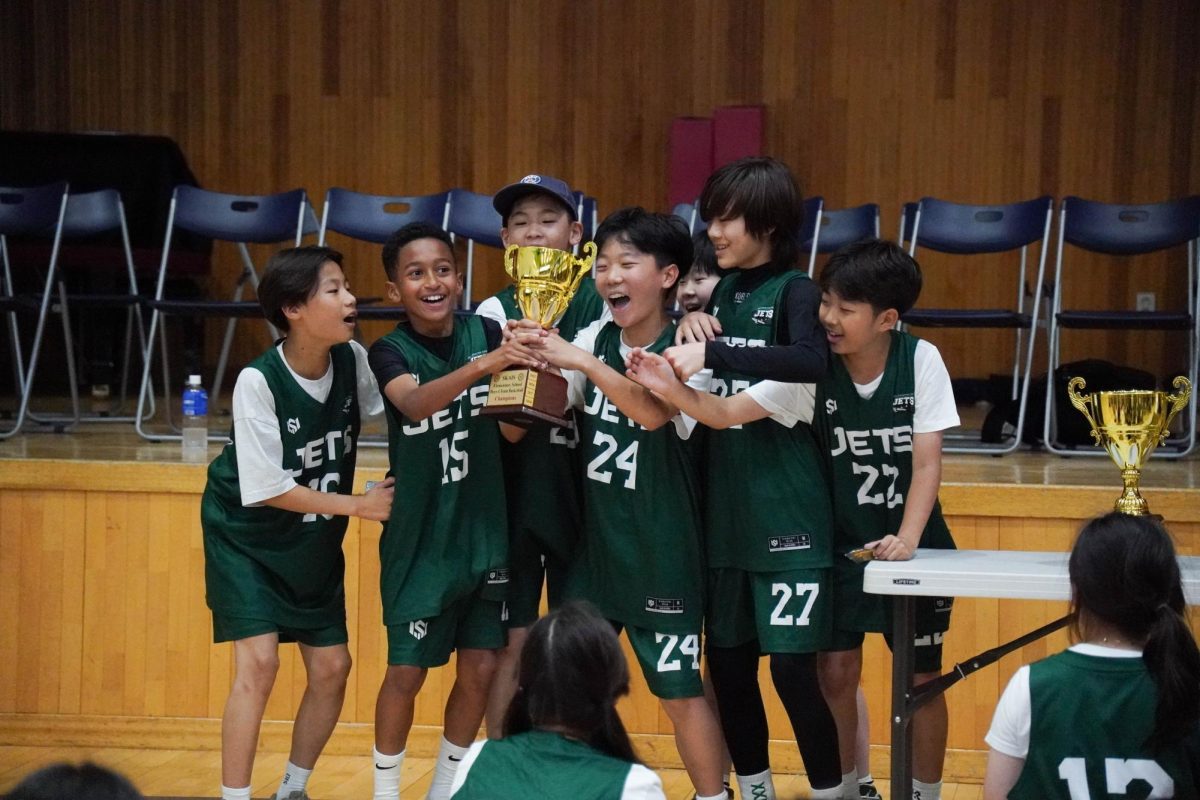







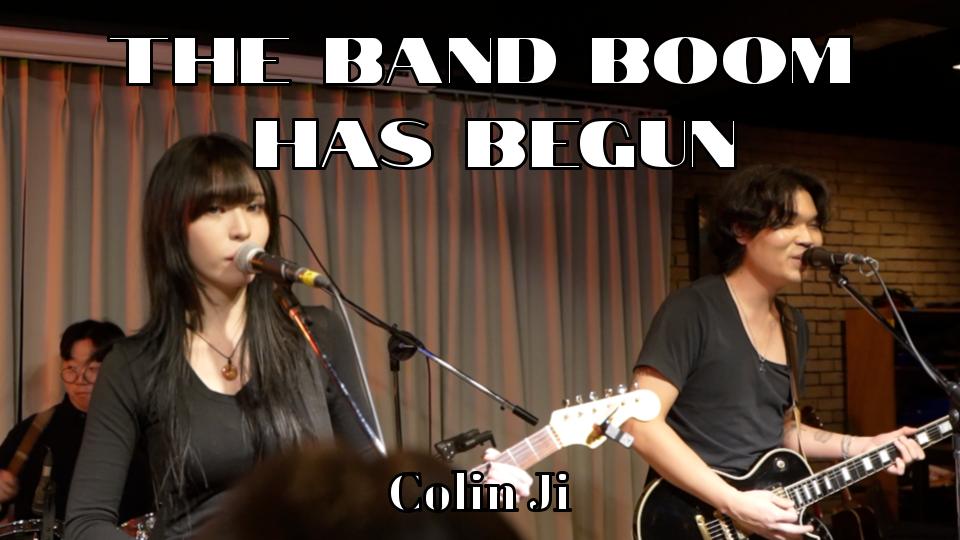
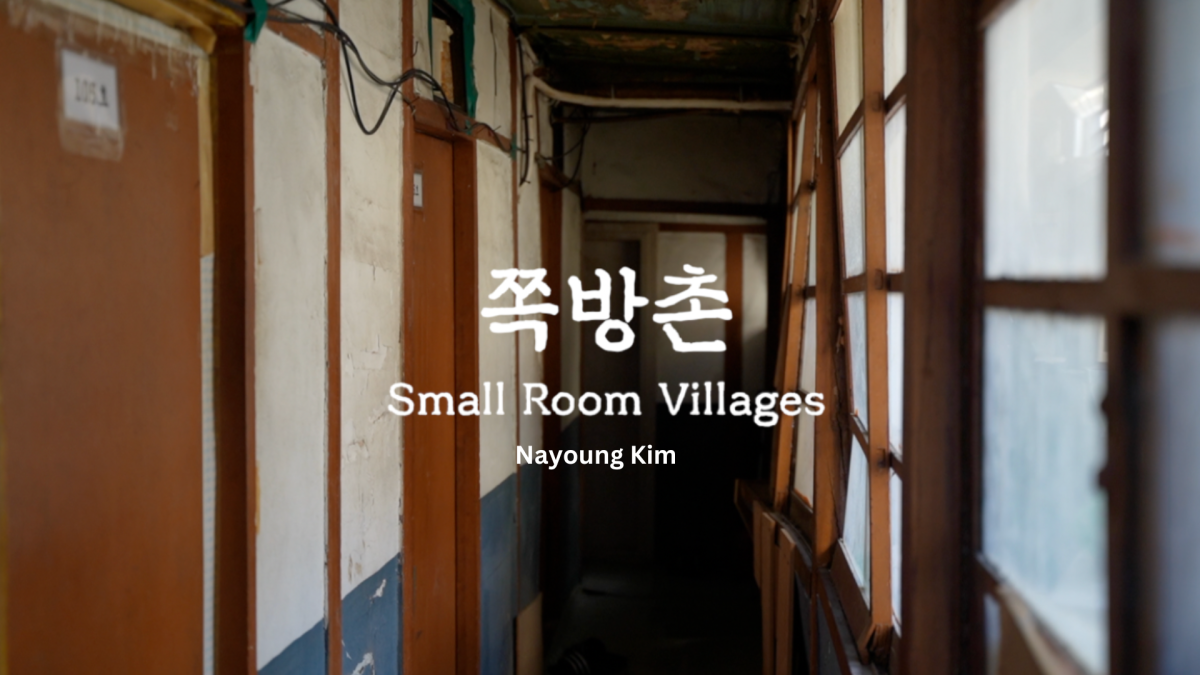
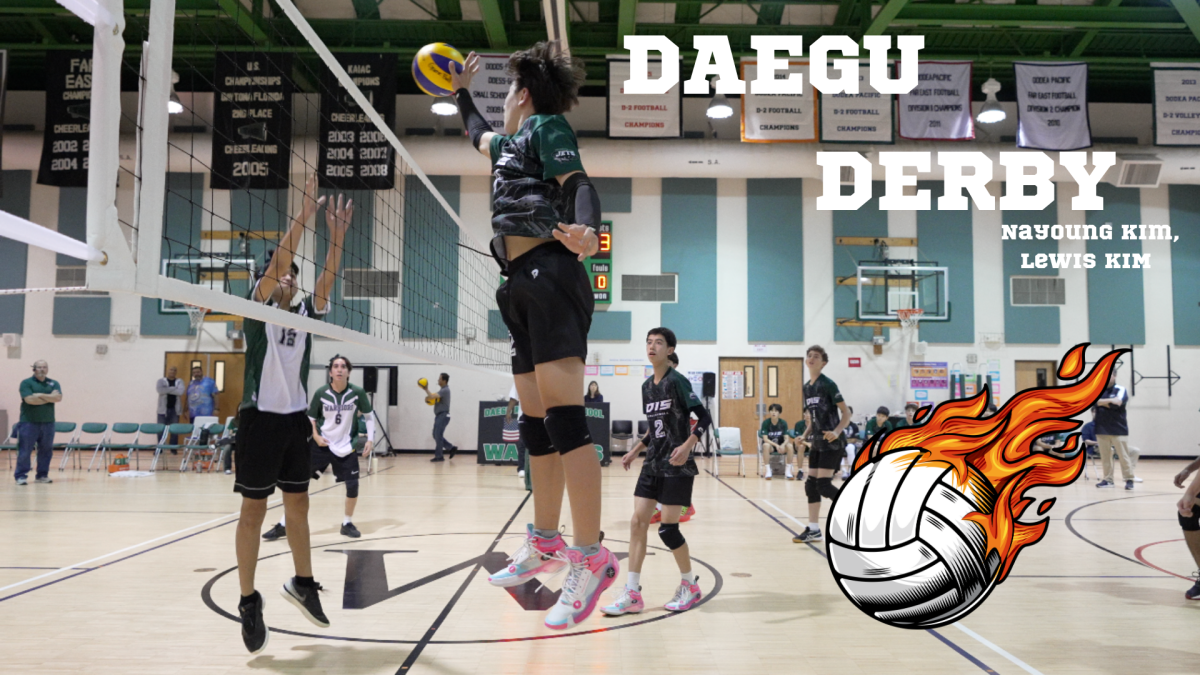
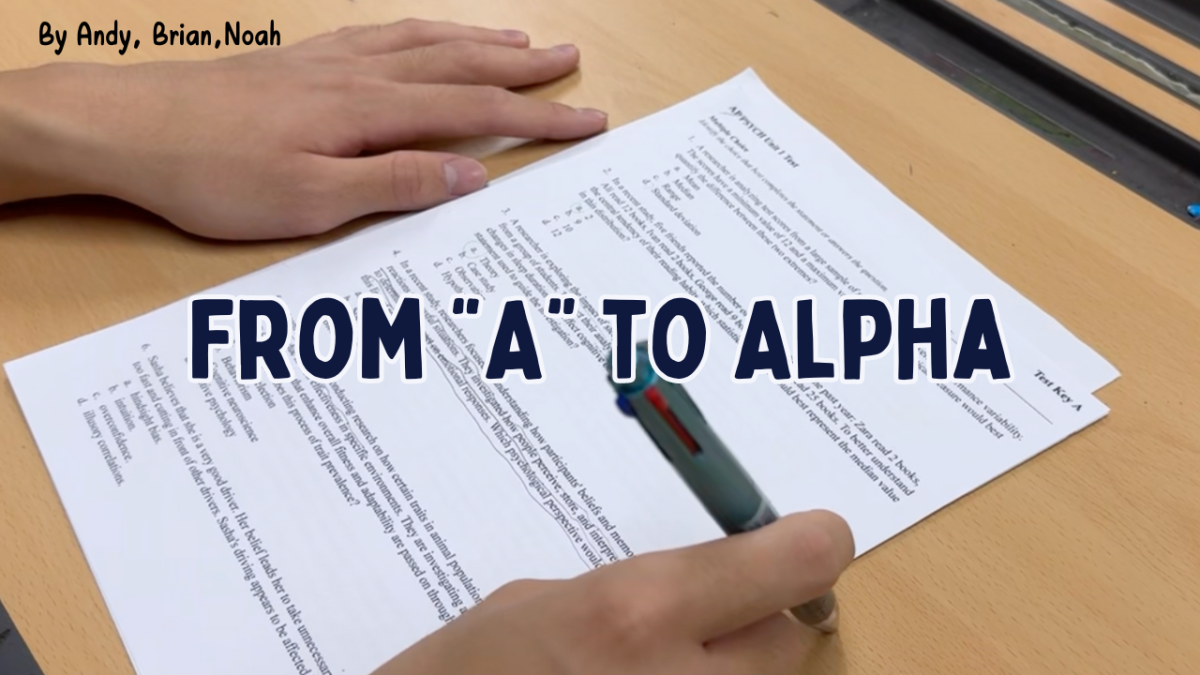
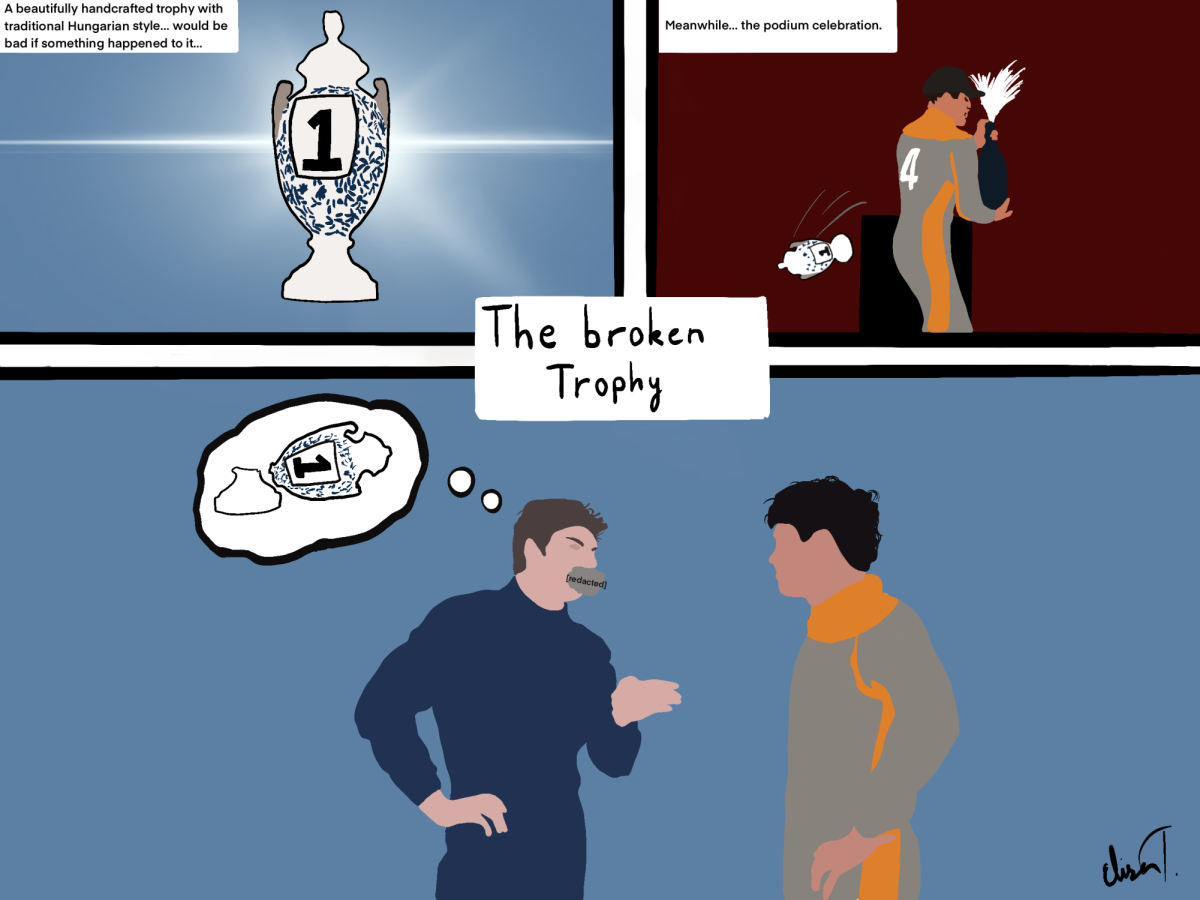
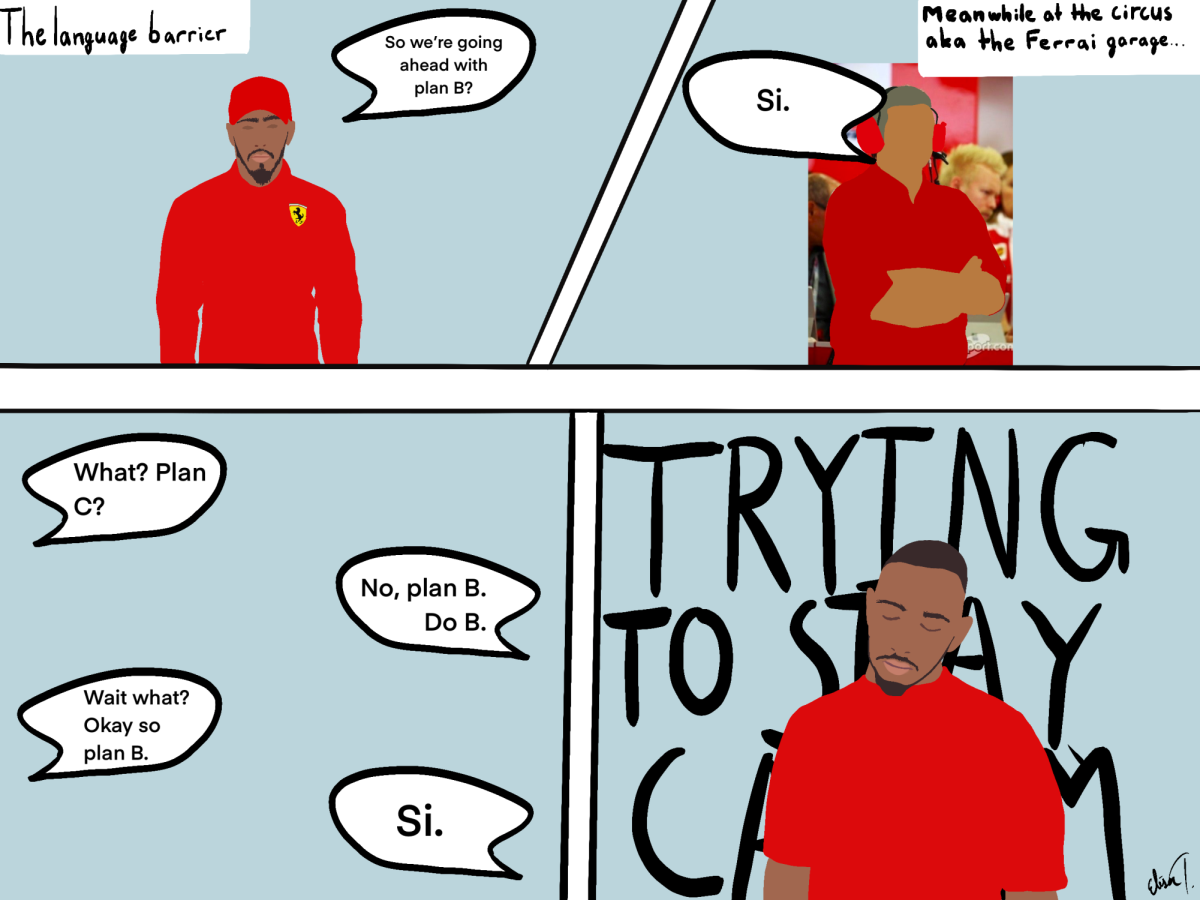
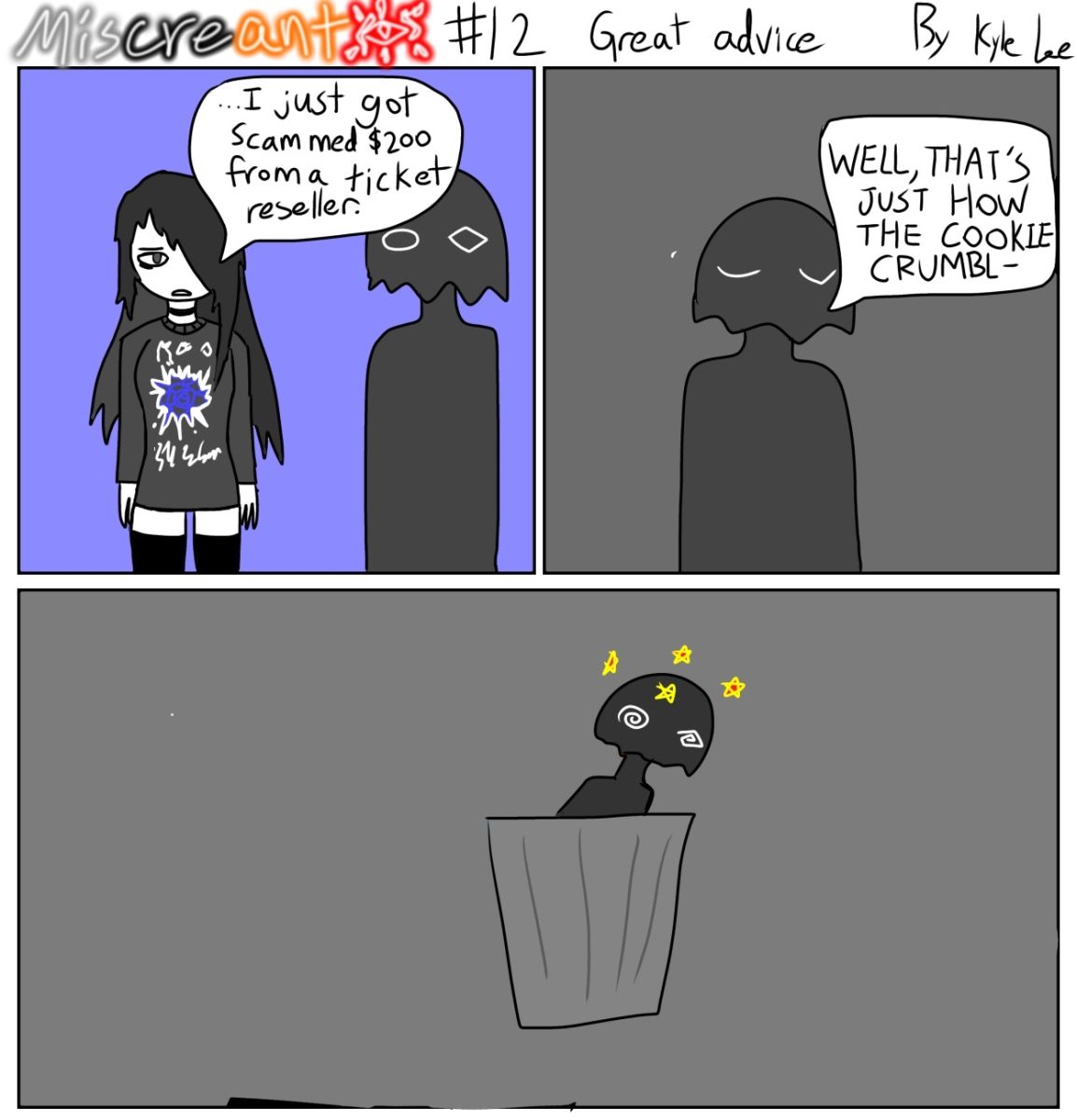
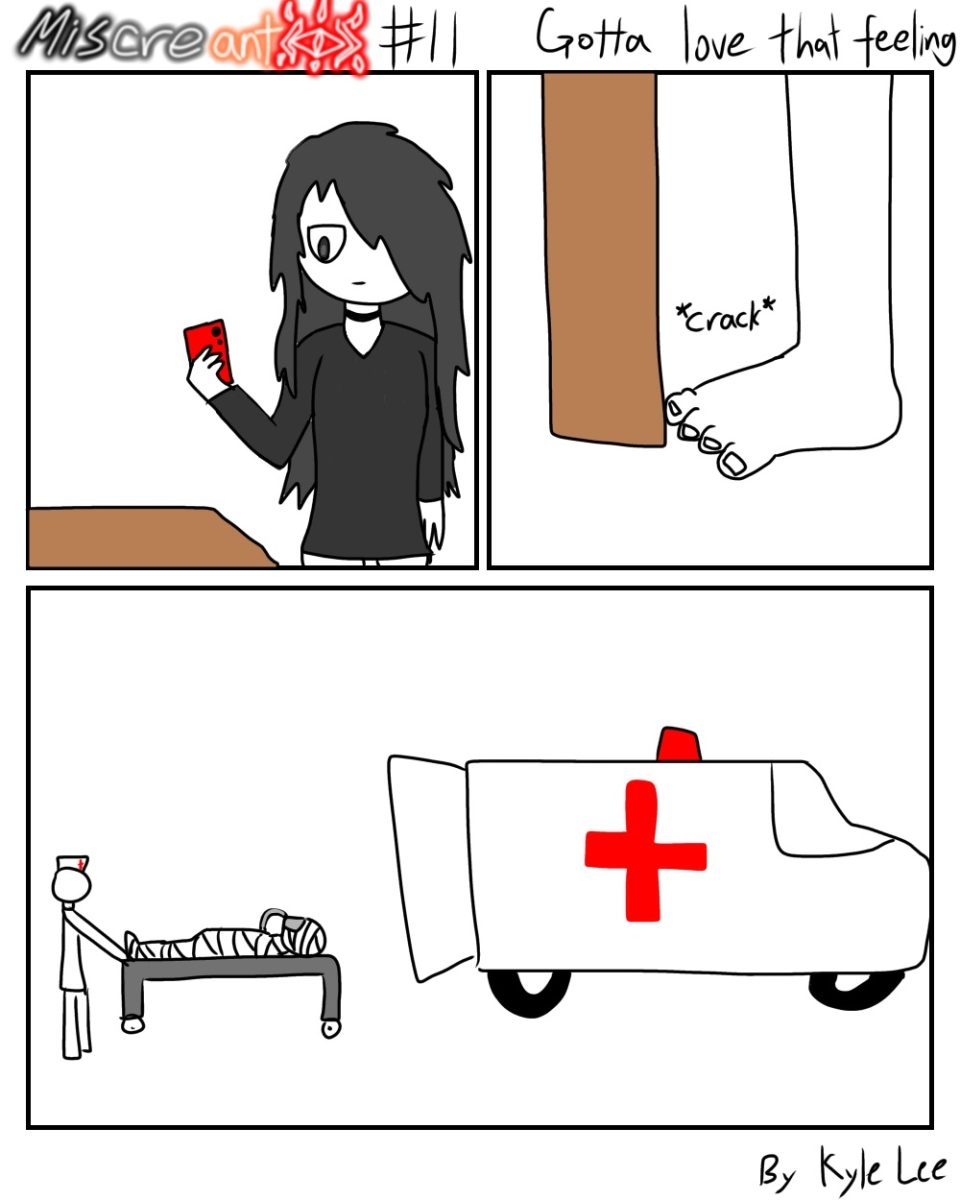


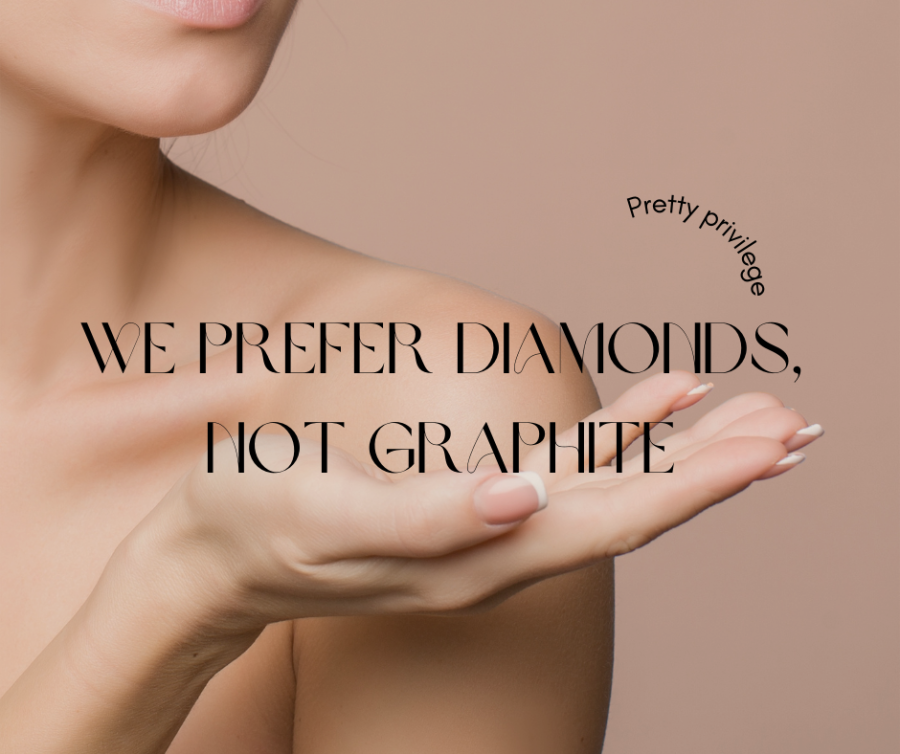

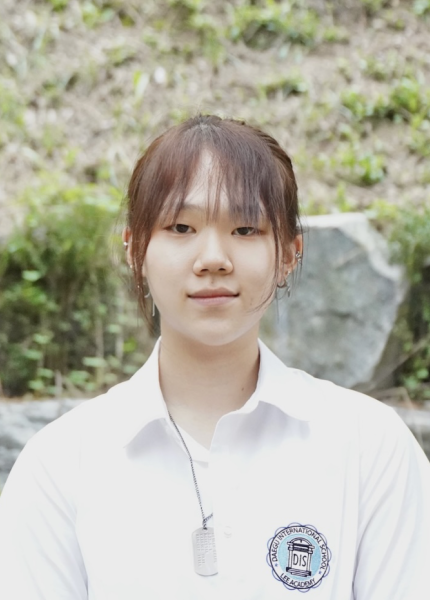
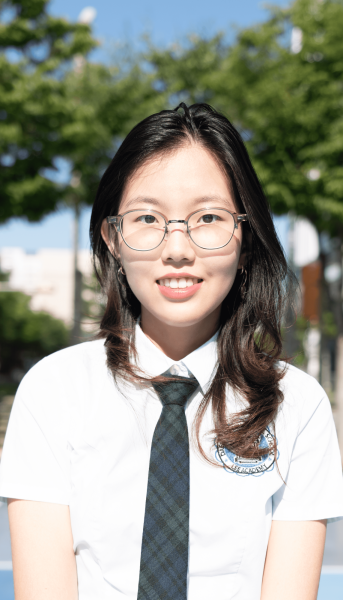
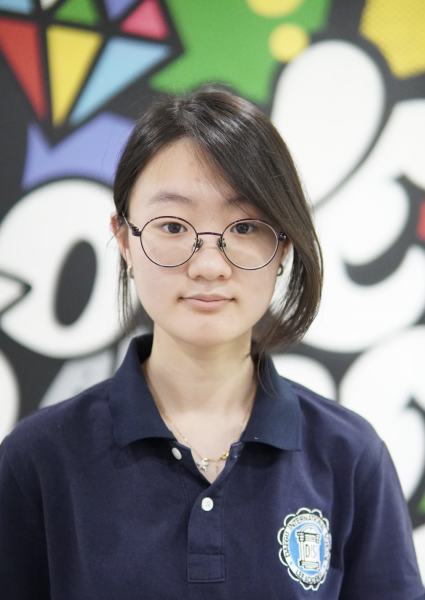
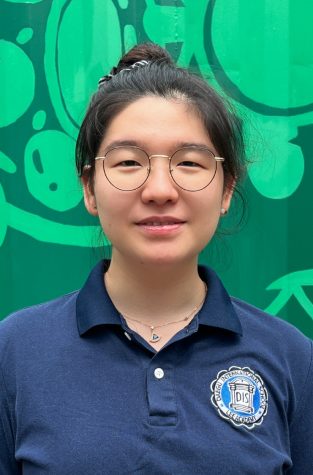
Chirayu • Aug 31, 2023 at 7:36 pm
Eating sea bugs is good but eating bugs is looked down upon. Lobsters is classy but grasshoppers are disgusting.
Kevin • May 25, 2023 at 7:27 pm
I saw about a similar topic like this before, and I think it is about plastic surgery and the effects of it by “pretty privilege.” As I said before, people should be judged by their actual mindset, not just their outside appearance, as the maxim “Never judge a book with its cover.” There are people who are very beautiful but are mentally ill and even criminals.